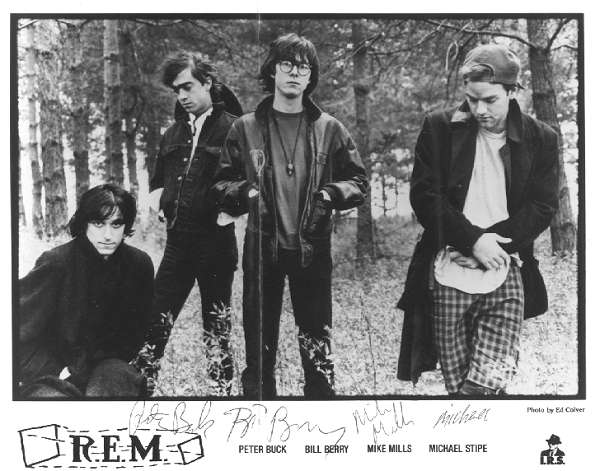

Both these cartoons are very satirical and denounce offshoring and outsourcing, mostly in the U.S.A. The first cartoon shows Mitt Romney, who ran for president in 2012 elections in the Unites States of America,standing as the Republican candidate, but lost against Barack Obama. In this cartoon we see Romney standing on theCayman Islands, burying his treasure. This is a easily understandable metaphor of the all the offshoring he was doing to avoid tax laws. Loopholes were revealed that would allow the very rich to avoid tax laws, Romney has got 30 million dollars in Bain Capital fund in the Cayman Islands alone, which may seem a bit suspicious for a presidential candidate. I did a bit of research, and it turns out that in 2010 and 2011, Mitt Romney paid 6.2 million dollars in federal tax on 42.5 million dollars in income, which makes an average tax rate a little less than 15%, which a lot less that what most middle-income Americans pay...
In the cartoon, we see in the backround miniature versions of Bermuda and Switzerland, two other known places for offshoring and outsourcing. Romney manages to avoid these taxes by taking his payments from Bain Capital as investment income, which is taxed at a maximum of 15%, instead of the 35% that he would and should pay normally.
We can also see in the cartoon, two very naive American citizens sitting on a big boat called "Believin' in America". They're congratulating him for how smart he is, and that he would make a great president. The sarcasm is more than obvious. I believe this behaviour outrageous, how can someone presenting himself for president is avoiding paying taxes for his own country! Our entire society is so corrupt that we can believe anyone anymore...
The second cartoon also deals with offshoring, basically what most big companies are doing, is delocating their factories in under-developed countries. Even China is now delocating its factories to other South Asian countries. They do so because its way cheaper because the labour costs bearly anything. The cartoon presents two characters, one saying that they must move to another country because the one they're in actually wants to get paid, meaning that the actual workers are getting so little money, it's as if they aren't getting anything. Would I go as far as calling this our modern version of slavery? This is a total abuse of power, yet everyone does it. The character in the cartoon can't believe that they would want to get paid, that it's completely normal to force people to work for unimaginable hours, for barely anything, whilst the people at the head of the company are overflowing with money. We can relate this cartoon, and the first cartoon to the notion of "Spaces and Exchanges" with this idea of delocating factories into emerging, poor, developing countries, to pay less taxes, and pay less for the labour. The world in general is full of social inequalities, that no one is really trying to fix, but more like take advantage of.


